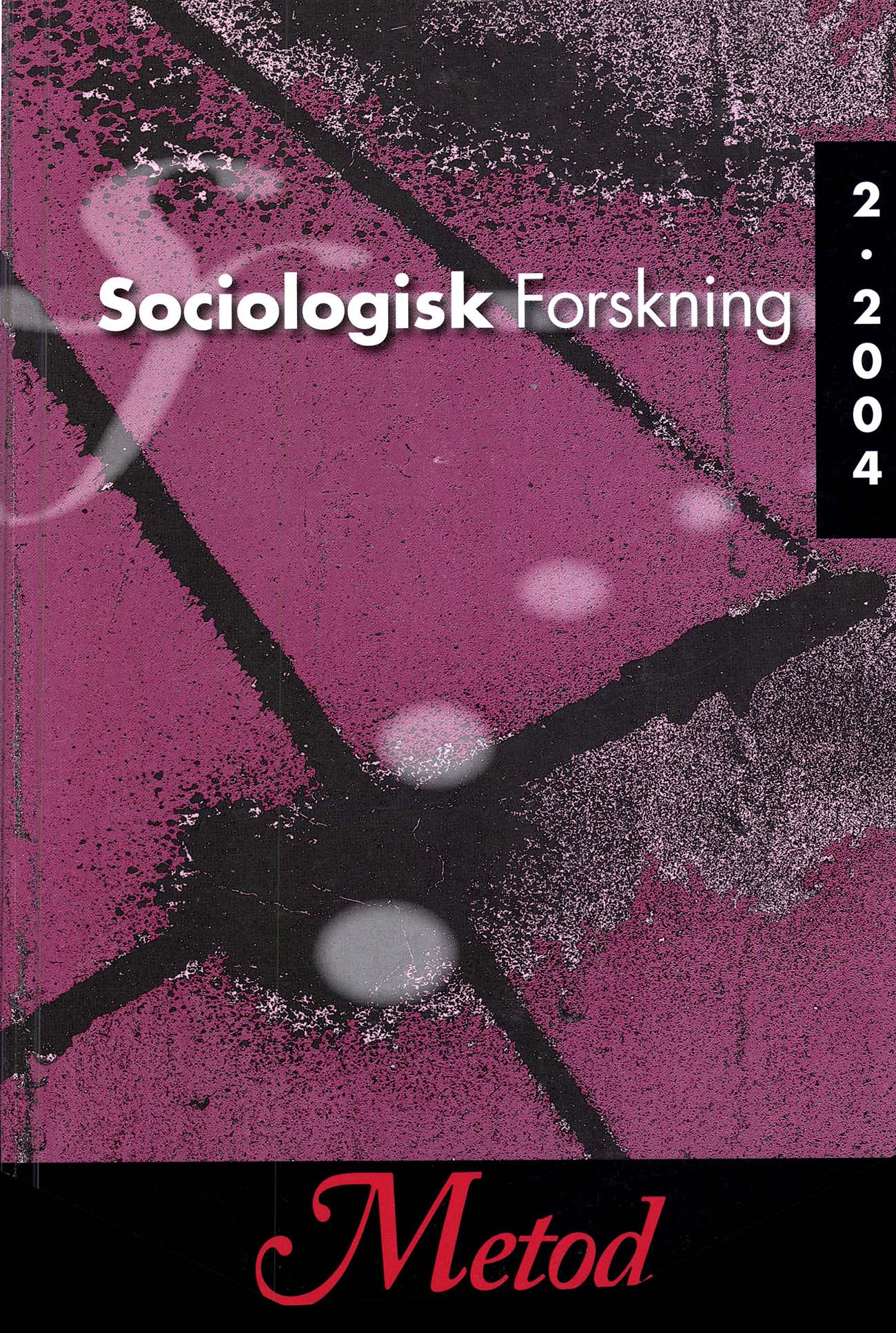Tillit och respekt bortom homo economicus och homo sociologicus
DOI:
https://doi.org/10.37062/sf.41.19371Keywords:
trust, respect, social capital, interest, passion, norms, sympathy, democracyAbstract
This paper presents an analysis of the concept of trust as central in the growing literature on “social capital”. The frame is set by a short conceptual history o f the social sciences a la Hirschman’s “passions and interests”: During the Scottish enlightenment “passions” are theoretically separated from “interests”, then passions/norm are set in contradiction to economic interests by the birth of modern sociology and its focus on community (Gemeinschaft) and finally neo-classic economic thinking pervades the social sciences with a passion for interest. This is the historical background to the present dominance of rational choice theories and attempts to introduce “mixed models” of action. Current strategies to “embedd” and “lubricate” rational interests by norms of trust must be seen in this perspective. Adam Smith’s theory of moral sentiment is here treated as an alternative, that could re-integrate norms and interests with human reflection and modern agency. Together with a Habermasian perspective, Smith’s analysis of social recognition, render a shift of focus possible; from “how to enhance co-operation and economic growth by trust and confidence” to “how to secure democratic deliberation in order to create warranted and reflexive trust”.
Downloads
Published
How to Cite
Issue
Section
License
All content in Sociologisk Forskning is published with immediate open access, under the Creative Commons license CC BY-NC-ND 4.0.
All content may be read, downloaded, shared and printed for non-commercial purposes, free and without fees. Contents may not be altered. When content is reused, author, source and a link to the copyright licence must be provided. The author retains copyright to their content. No publication fees are charged.





